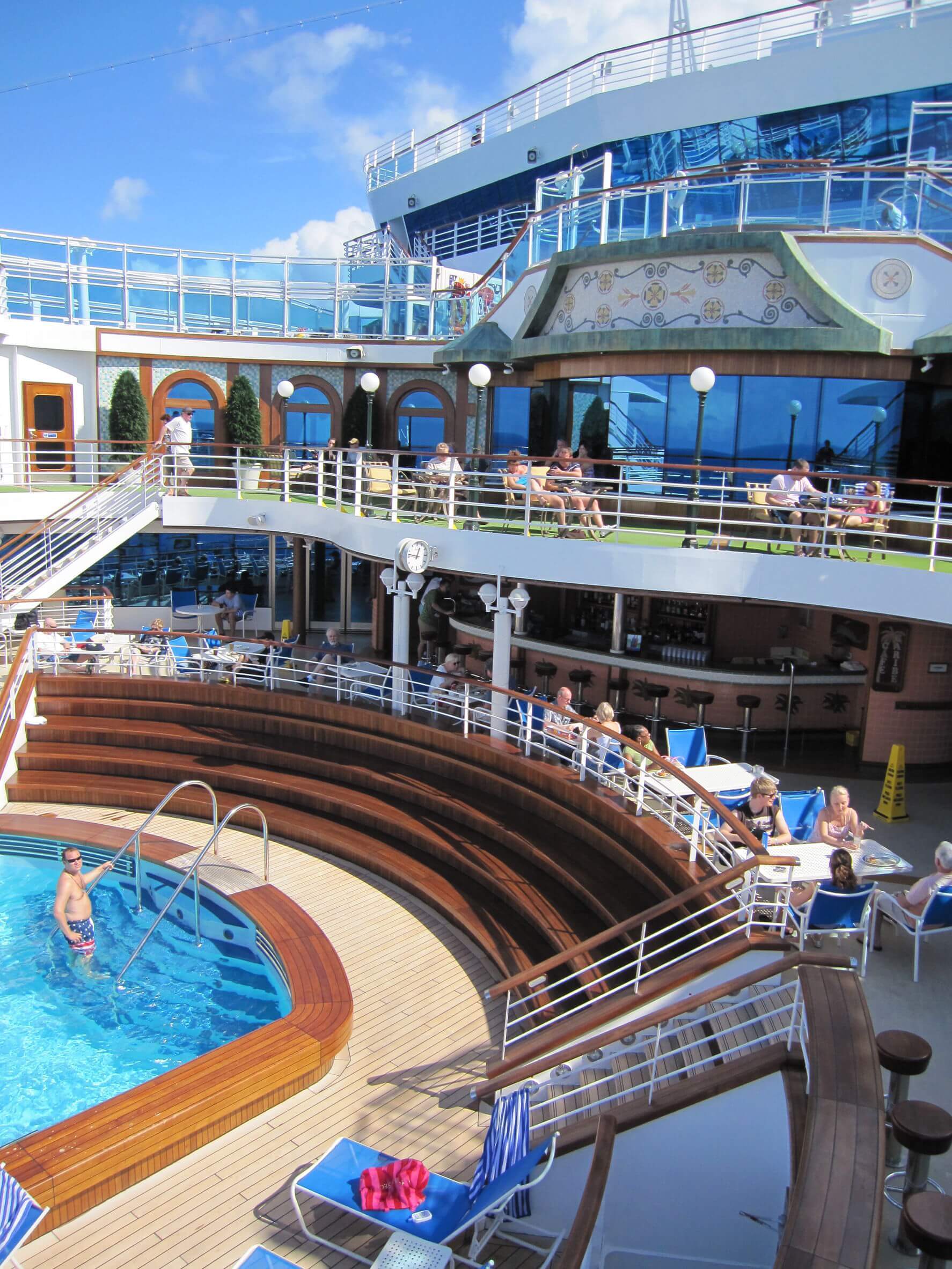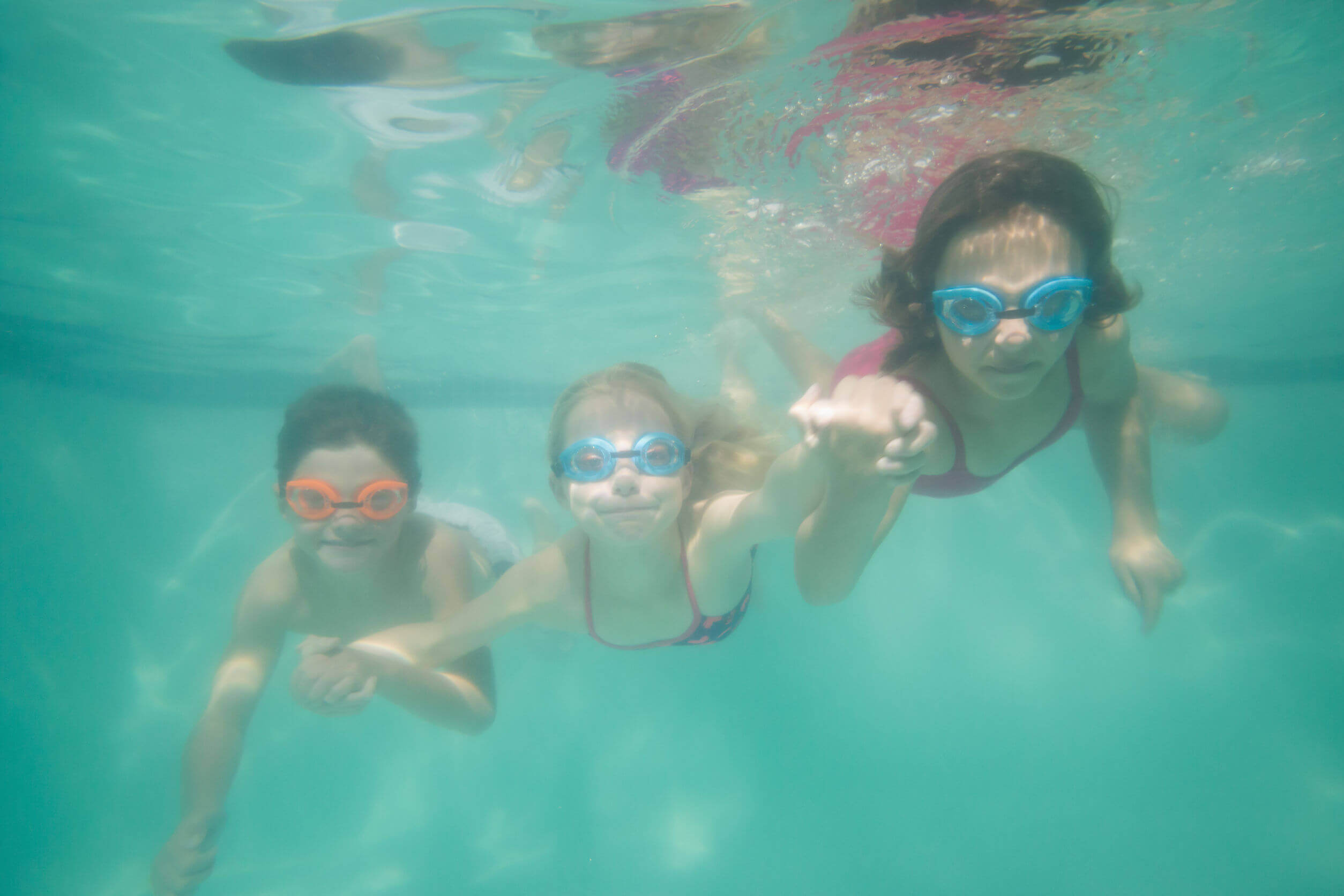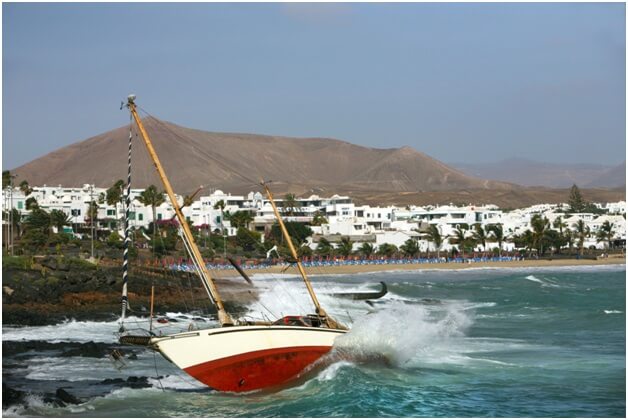With temperatures dropping and snow falling in many parts of the country, now is the perfect time for a warm-weather getaway. Each year, about 20 million people go on cruise vacations. Most of these people come away with great memories, glowing tans, and plans to do it again next year. Sometimes, though, cruises can take a nasty turn.
In February 2014, a 6-year-old boy drowned on a Norwegian Cruise ship. Just a few months later, another young life was lost on board a Carnival Cruise ship. Thankfully, tragic stories like these are relatively rare. But when swimming on cruise ships, it’s important to remember the risks of cruise ship drowning incidents—however rare—are still real.
Who’s Watching the Kids?
As Fox News recently reported, most major cruise lines, including Princess Cruises and Norwegian Cruises, do not have lifeguards onboard their boats. This is in spite of the fact that these cruise ships all have pools—and sometimes even large water parks—onboard, which are often major attractions for young children. In place of lifeguards, these ships rely on posted signs requiring parents to be present when children under 12 are in the pool and warning that no lifeguards are on duty.
Usually, parents are given plenty of notice if a cruise ship does not hire lifeguards. And the “No Lifeguard on Duty” signs are probably familiar to most—plenty of private beaches and pools around the country use this system.
Still, without a trained, professional lifeguard on duty, that means one less set of eyes and one less person nearby with the expertise needed to handle emergencies. Although pools aboard cruise ships are usually relatively shallow, young children can drown in even mere inches of water. With so many children aboard a ship and many people swimming in the pool at once, it can be all too easy to lose sight of a child for a short amount of time, which is sometimes all it takes for tragedies to occur.
How to Keep Your Kids Safe in the Pool
If you’re traveling on a cruise ship with young children this winter, keep in mind the following tips from the American Red Cross:
- Maintain constant supervision on your children. If it will help, bring a spouse or a friend along with you to so that you will have an extra pair of eyes in case you need to look away. However, you should be careful not to allow your buddy to become a distraction.
- If there’s time before the cruise, enroll your child in swimming lessons.
- If your child is young, small, or an inexperienced swimmer, make sure they are wearing proper safety equipment (e.g., life jackets), and there is adult in the pool with them at all times.
- Have a clear conversation with your child about the dangers of swimming and establish clear rules about what they are and are not allowed to do in a pool.
Hopefully, parents’ and children’s caution will be enough to ensure that families have nothing but the best, happiest, and safest cruise vacations together.
In the tragic event that pool-related accidents do occur onboard a cruise ship, make sure you know what your options are. Speak with a knowledgeable, qualified legal representative as soon as possible to discuss ways that the responsible parties should be held accountable.
About the Author:
Jeffrey Braxton is a trial lawyer in Fort Lauderdale who has devoted his 22-year career to the practice of personal injury law. As lead trial attorney for The South Florida Injury Law Firm, Jeff has litigated thousands of cases and is a member of the Million Dollar Advocates Forum, an exclusive group of attorneys who have resolved cases in excess of one million dollars.







